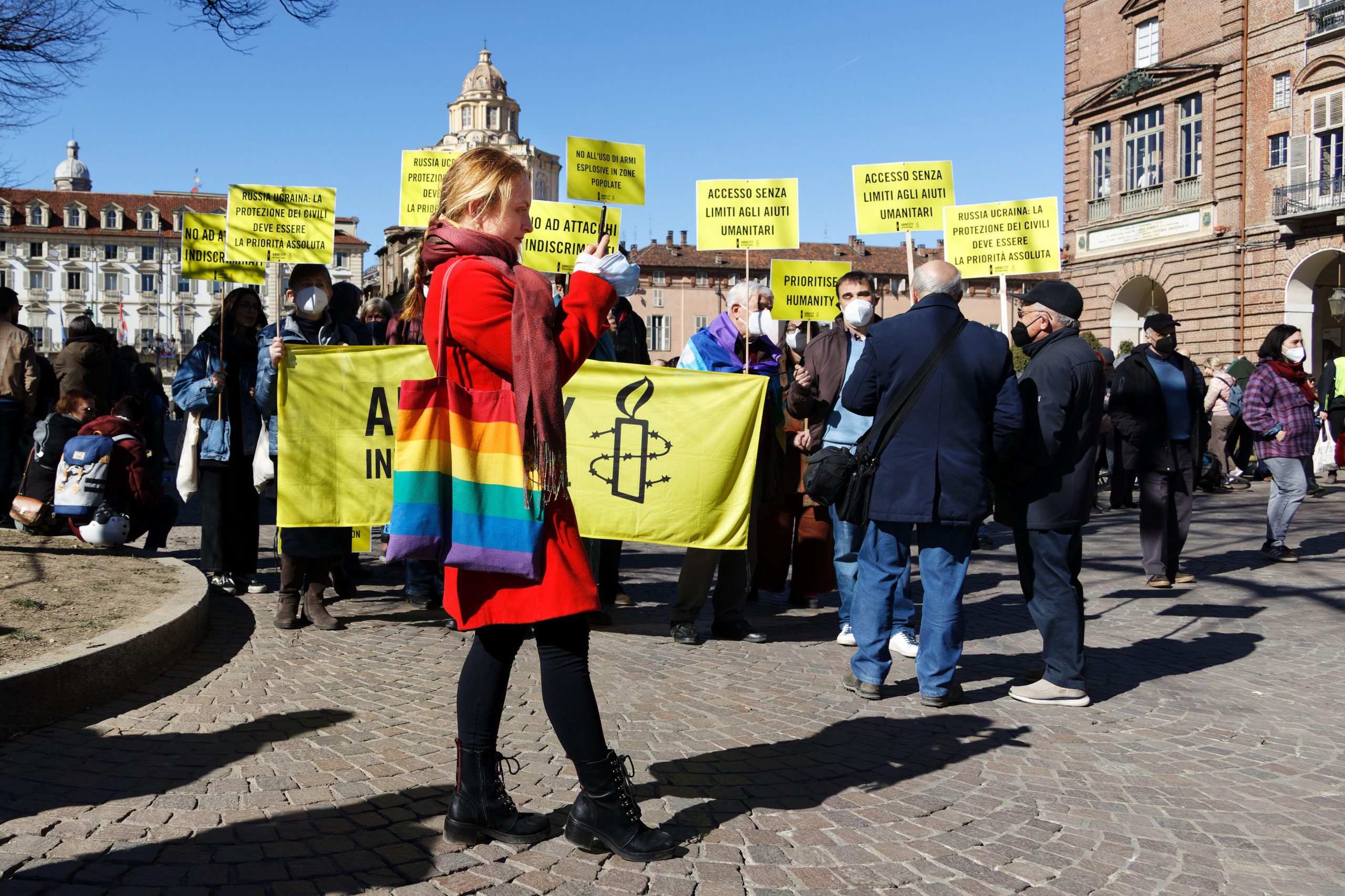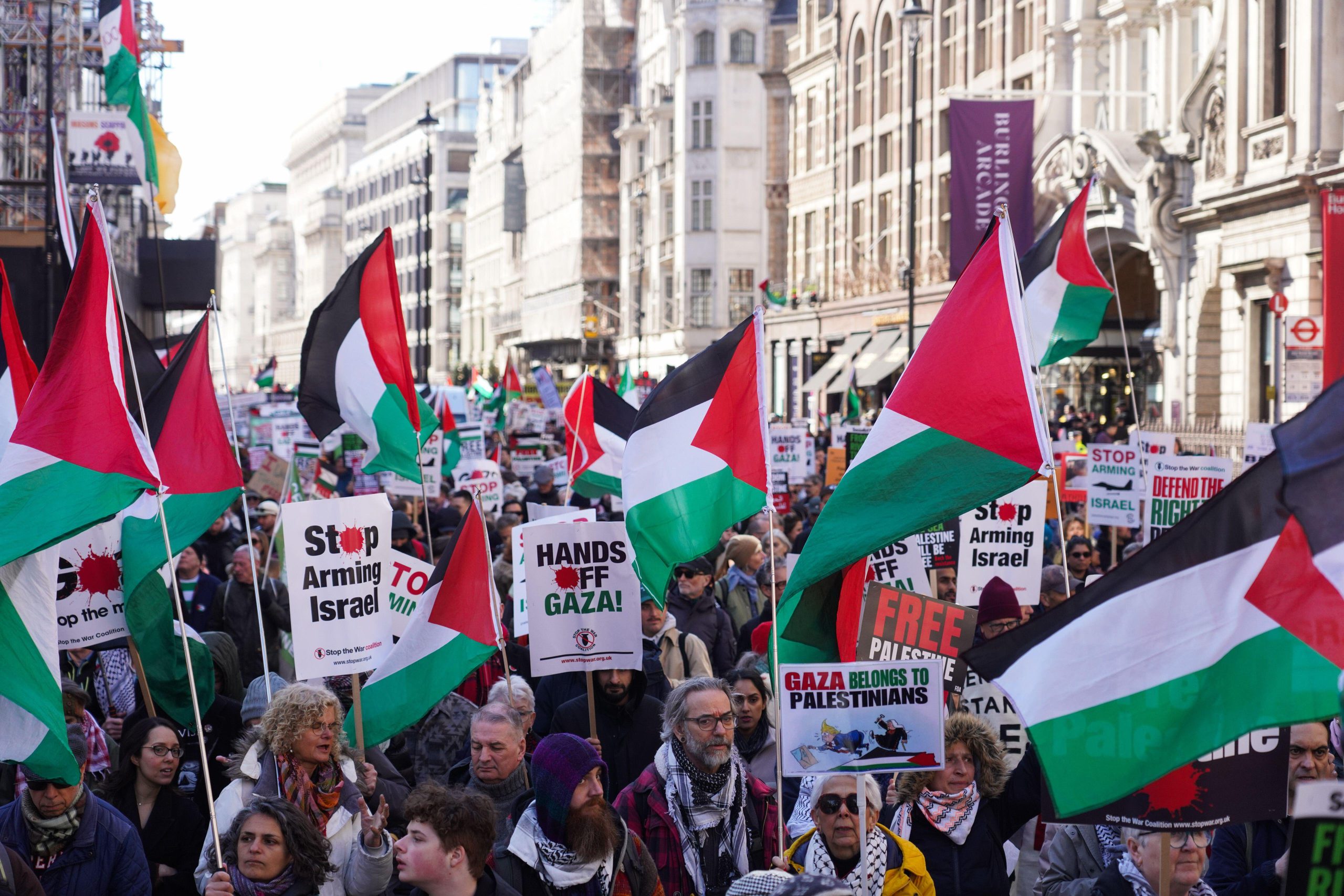
The decision to bar Norman Finkelstein from entering the country is a spectacular own goal for Israel, writes Daphna Baram
American Jewish academic Norman Finkelstein is a persona non grata in Israel. He found out about it when he attempted a visit in late May. Israeli security services, Shin Bet, arrested him at Ben Gurion Airport near Tel Aviv, interrogated him for a few hours, and deported him back to Amsterdam, where he came from. ‘It wasn’t a Belgian bed and breakfast but it wasn’t Auschwitz either,’ he told his friends. Despite such fine distinctions, he called them ‘Jewish Nazis’ to their faces, a typical tactless move which hardly improved the situation. Israeli security services say Finkelstein is a security risk. It is unlikely that he’ll be let into Israel again.
The Israeli broadsheet Ha’aretz, in a leader article attacking the Israeli decision, speculated that the alleged security hazard had to do with the fact that Finkelstein visited Hezbollah fighters and commanders in Lebanon after the Israeli invasion of 2006. Finkelstein did not creep into Lebanon under cover. He shared his positive impression of the people he met in articles he had written for various publications, including Ha’aretz. There’s nothing illegal in Finkelstein’s actions in Lebanon, but he made enemies in the Israeli establishment due to different reasons altogether. His book The Holocaust Industry described in chilling detail and without any Zionist sentimentality the way in which Israel has taken over the commemoration of Holocaust victims and incorporated the right to speak in their name and use their deaths in service of the state’s political, economic and propagandist interests. The grotesque picture of greed, cynicism, political craftsmanship and sheer chutzpah which he portrayed was made all the more embarrassing for Israel and its supporters abroad by the very fact that Finkelstein himself is the son of Holocaust survivors. In the macabre political discourse in which identifying who is more of a victim is the name of the game, his right to speak out was harder to challenge.
By the very act of arresting him and chucking him out of the country, Israel have well proved one of Finkelstein’s main points. Israel cannot claim to be a safe haven for all Jews, if it disposes so easily of a Jew who speaks out against it. It cannot present itself as a liberal state and a champion of democracy in the Middle East, if its retaliation for criticism is deportation of a fellow Jew.
At the best of times, Israel is very aware of such paradoxes, and attempts to handle them more cleverly. Generally, freedom of speech in Israel, especially for Jewish Israeli critics of the state, is rather extensive. It often surprises observers who are familiar with Israel’s rather dismal record of human rights abuses in other fields. The Israeli political system internalised Antonio Gramsci’s hegemony theory on its head. The majority of Jewish Israelis view the Zionist version on everything — from the lessons to be drawn from the Holocaust (a strong Jewish state is necessary) to the circumstances of the founding of the state of Israel (the Arabs wanted to throw us into the sea, attacked us and escaped from their homes) — as the only version of the truth. Israel knows it can always rely on this consensus, which gave it the confidence to allow the few heretics to howl at the moon to their hearts’ content: nobody is listening.
This face of liberalism is not merely for foreign consumption, or for securing Israel’s place among the civilised-in-their-own-eyes nations. It is crucial for maintaining the self image of Israel’s own relatively liberal elite, without which the state has no existence. However, at times when the champions of national consensus feel threatened, their adherence to such democratic value is the first thing to go. Such was the case during the first and second Intifadas, and we now seem to be facing a new era in which the shaken confidence of the Zionist monopoly makes Israel lose its nerve, and turn its back on its professed values. This has much to do with the international, and to a lesser extent internal-Israeli, revision of the very truisms of Zionism. Inconvenient questions are being raised again: is it legitimate to have a state that is ‘Jewish’? Why is it impossible to have one state for Jews and Palestinians alike? Is it acceptable for Israel to strive to secure a Jewish majority within its borders at all costs? Is it justifiable for Israel to claim the right to represent all the Jewish people in the world? All those questions are threatening the hegemony of the Zionist discourse in Israel. Finkelstein, in his writing and in his activities, asks too many of them. But by deporting him and banning his entrance to the only state in the world that grants him automatic citizenship on grounds of his ethnicity alone, Israel has scored an own goal.





